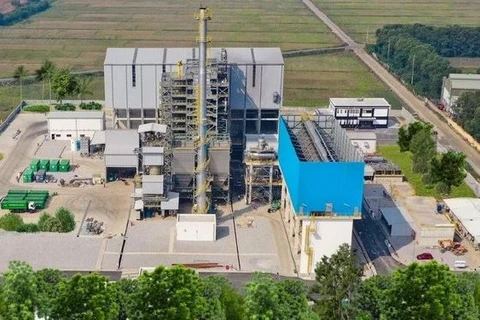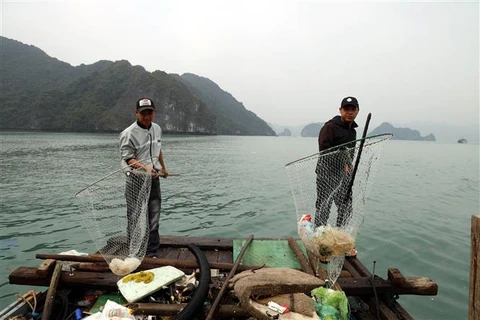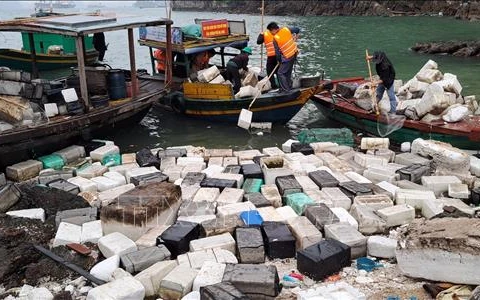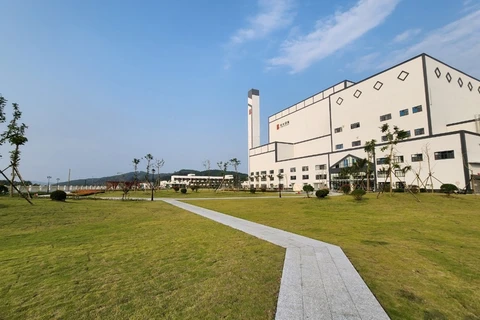Hanoi (VNA) – Vietnam faces a growing problem with electronic waste (e-waste), according to a study by the Hanoi University of Science and Technology's Centre of Science-Technology and Environment.
The study revealed that the country generates roughly 100,000 tonnes of e-waste annually, primarily consisting of discarded household appliances and office equipment. This figure is projected to rise significantly, with television waste alone estimated to reach 250,000 tonnes by 2025.
Despite the rising volume of e-waste, Vietnam's recycling and processing capabilities remain inadequate. The national recycling rate sits below 10%, with nearly 70 small-scale licensed processing enterprises, each typically equipped with a daily capacity of 0.25-30 tonnes. Current efforts primarily focus on recycling common materials like iron, copper, lead, tin and plastic, without capacity for extracting valuable precious metals often concentrated in e-waste components.
Under the Environmental Protection Law 2020, e-waste categories, including tablets, laptops, desktop computers, mobile phones must be recycled by manufacturers and importers according to mandatory proportions and specifications from February 1, 2025.
To effectively do this, Deputy Director of the Centre of Science-Technology and Environment Nguyen Duc Quang suggested encouraging the establishment of private collection systems and developing standardised dismantling and sorting facilities for e-waste.
Le Thi Ngoc Dung, from the Vietnam Waste Recycling Association, said Vietnam needs to establish modern, large-scale e-waste recycling plants capable of recovering precious metals. Additionally, upgrading informal recycling to controlled collection and sorting is essential.
Launched in 2015, the Vietnam Recycles programme is the first free e-waste collection initiative in Vietnam, with 10 collection points in Hanoi and Ho Chi Minh City.
When bringing e-waste to the collection points, citizens can use their smartphones to scan the QR code printed on the container and fill out the registration form as instructed to earn points. Once enough points are accumulated, they can exchange them for green rewards./.

Classifying solid waste to turn it into electricity
Vietnam has issued many legal documents on environmental protection, however, waste treatment has not been effective and remains a difficult problem in many localities.























